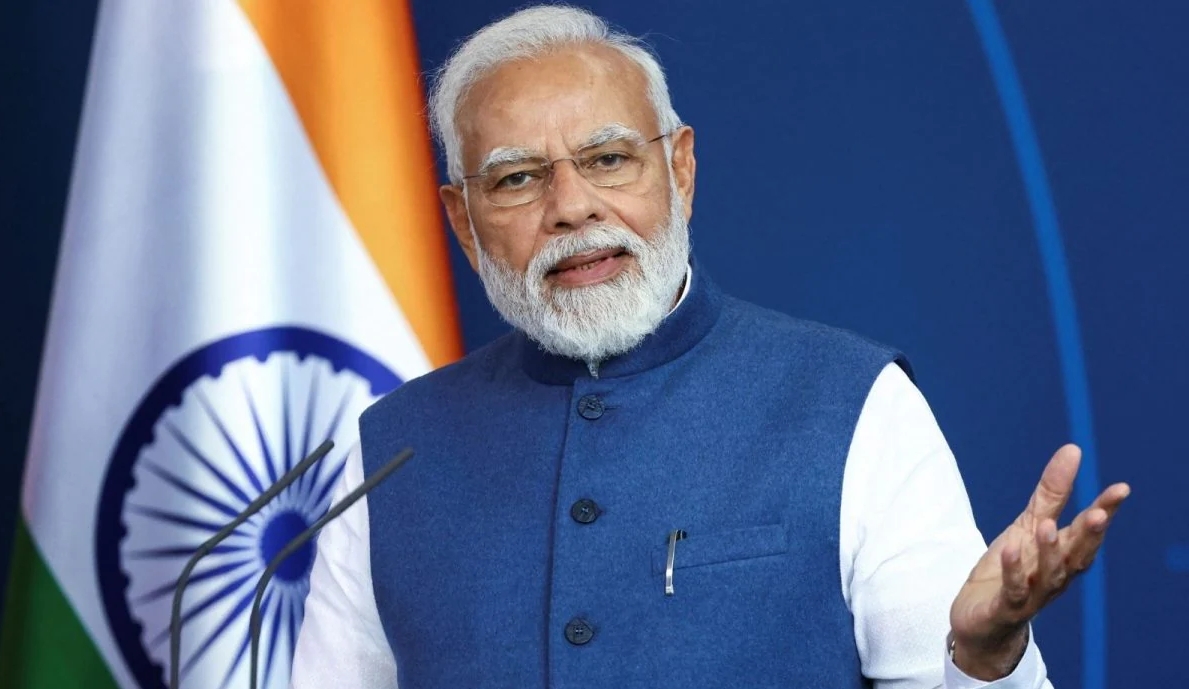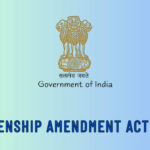Introduction: In the vast tapestry of global politics, few leaders stand out as prominently as Narendra Modi, the 14th Prime Minister of India. Since assuming office in 2014, Modi has been a transformative figure, reshaping India’s socio-economic landscape and elevating its global standing. His leadership style, often described as dynamic and decisive, has garnered both praise and criticism, but there’s no denying his significant impact on India’s trajectory. Let’s delve deeper into the life, leadership, and legacy of this remarkable statesman.
Early Life and Rise to Power: Narendra Modi was born on September 17, 1950, in Vadnagar, a small town in Gujarat, India. His humble beginnings instilled in him a strong work ethic and a deep connection to his roots. Modi’s journey into politics began in the early 1970s when he joined the Rashtriya Swayamsevak Sangh (RSS), a Hindu nationalist organization. His rise through the ranks of the Bharatiya Janata Party (BJP), the political arm of the RSS, was swift, propelled by his charisma, organizational skills, and ideological fervor.
Modi’s tenure as the Chief Minister of Gujarat from 2001 to 2014 earned him both acclaim and notoriety. While his supporters lauded his efforts to promote economic development and good governance, critics accused him of failing to prevent the 2002 Gujarat riots, one of the darkest chapters in India’s recent history. Despite the controversies, Modi emerged as a formidable leader with a clear vision for India’s future.
Vision for India: Central to Modi’s vision for India is the concept of “Sabka Saath, Sabka Vikas” (Collective Effort, Inclusive Growth), emphasizing inclusive development that benefits all segments of society. His government has launched numerous initiatives aimed at spurring economic growth, fostering innovation, and addressing pressing social issues such as poverty, healthcare, and sanitation.
The flagship programs like Make in India, Digital India, Swachh Bharat Abhiyan (Clean India Mission), and Ayushman Bharat have garnered international attention for their ambition and scale. Modi’s emphasis on infrastructure development, including the construction of roads, railways, and airports, has helped improve connectivity and stimulate economic activity across the country.
Foreign Policy and Global Engagement: Under Modi’s leadership, India’s foreign policy has undergone a significant recalibration, with a focus on bolstering ties with major powers while also deepening engagement with neighboring countries and emerging economies. The “Act East” policy seeks to enhance India’s strategic and economic relations with Southeast Asia, while initiatives like the International Solar Alliance demonstrate India’s commitment to addressing global challenges such as climate change.
Modi’s personal diplomacy and charismatic presence on the world stage have elevated India’s profile and earned him respect and admiration from leaders around the globe. His emphasis on “Vasudhaiva Kutumbakam” (the world is one family) reflects a vision of India as a responsible global actor committed to promoting peace, prosperity, and cooperation.
Challenges and Criticisms: Despite his many achievements, Modi’s tenure has not been without its share of challenges and controversies. Critics accuse his government of centralizing power, eroding democratic institutions, and promoting a divisive agenda that undermines India’s secular fabric. The handling of economic issues such as demonetization and the implementation of the Goods and Services Tax (GST) has drawn criticism for its impact on businesses and the informal sector.
Moreover, concerns have been raised about growing intolerance, rising communal tensions, and infringements on freedom of expression under Modi’s watch. The government’s response to protests, including those against controversial citizenship laws, has sparked debate about the state of democracy and civil liberties in India.
Legacy and Future Prospects: As Narendra Modi’s tenure as Prime Minister enters its second decade, his legacy remains a subject of intense debate and speculation. While supporters hail him as a visionary leader who has propelled India onto the global stage and unleashed its economic potential, critics question the cost of development and the erosion of democratic norms.
Ultimately, the full impact of Modi’s leadership on India’s future trajectory will only become clear with time. As the world’s largest democracy continues its journey of transformation, one thing is certain: Narendra Modi’s imprint on India’s destiny is indelible, shaping the nation’s course for generations to come.
Conclusion: Narendra Modi’s journey from a small-town boy to India’s Prime Minister is a testament to the power of ambition, determination, and leadership. Love him or loathe him, there’s no denying his significance in shaping India’s contemporary history. As the nation navigates the complexities of the 21st century, Modi’s vision and legacy will continue to loom large, leaving an indelible mark on India’s socio-economic and political landscape.




